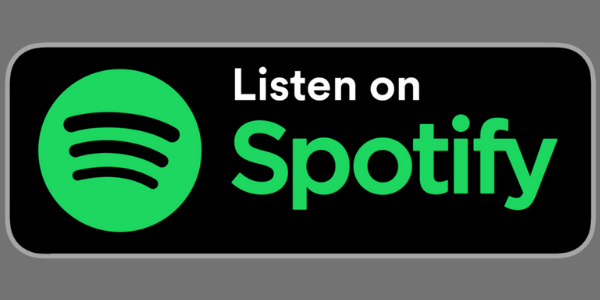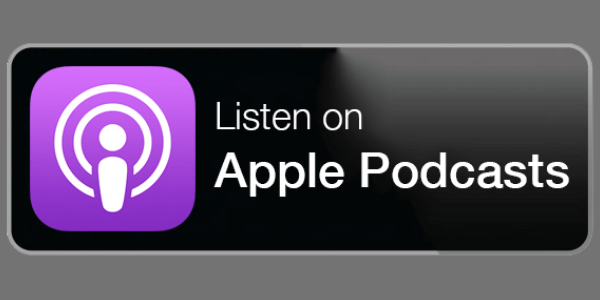Episode 41: Sourcing and Procurement Team Training: A Critical Element of Your Company’s Scope 3 Program
Click the links below to listen to the full episode
When developing your company’s Scope 3 program, it is critical to train and educate your sourcing and procurement teams. In this episode, Tad and Julianna discuss the key role your sourcing and procurement teams play in your Scope 3 program, how to bring these teams up to speed on sustainability and Scope 3, how to empower your sourcing and procurement teams to optimize your supplier engagement program with the goal of gathering primary data, and more.
Interested in submitting a question for Tad to answer on an upcoming episode? Type your question into the box at the bottom of the page!
how are sourcing and procurement teams involved in a company’s Scope 3 program?
“A lot of times when you look at the way people set up their overall sustainability programs, a lot of the bigger companies have sustainability teams that are focused on implementing an overall strategy and program. They may be heavily involved in measuring greenhouse gas emissions for the companies. However, when they dive deeper into their Scope 3 emissions, there's so much connection and involvement with the supply chain, specifically for purchased goods and services, capital goods, and upstream and downstream transportation..
If we think about it, the connections to employee travel or purchases made for energy within the company, all typically go back to the responsibility of the sourcing and procurement team. So it's critical that the sourcing and procurement teams are heavily involved being that they have the most knowledge of the purchasing practices. They also have a lot of detailed knowledge about who the suppliers are.
Even if we're thinking about employee travel, the procurement teams might be responsible for coordinating with a travel agency for employees to get airline tickets or train tickets. So their involvement is not only important, but it's critical. In fact, what we're seeing is many companies might have a sustainability team, yet they’re still pushing a lot of the responsibility back to the sourcing and procurement teams to help manage the overall Scope 3 initiatives and activities. That would include everything from coordinating data to communicating with suppliers.”
we have learned that a lot of sourcing and procurement teams might not have a very deep knowledge of sustainability. what do you do if this is the case and how do you educate them?
“I would say the first step is you have to train and educate the sourcing and procurement team members. Some companies might have a very large sourcing and procurement team, or might even have something a lot of the pharmaceuticals have, which is called "category managers", that specialize in certain areas of what's being purchased, especially on the goods and services side. And you're right, the history of their career has been training to worry about doing the procurement function. So getting the contracts set up, administering everything with the suppliers, and ensuring that the critical materials and services required to run the company are. So that's their main job. And then suddenly you're coming to them and saying, "Hey, we need you to be part of this Scope 3 thing", and they're gonna say, "Well, what's Scope 3?". You know, we see that all the time.
So that's where an effective training program for the sourcing and procurement teams is going to be critical. I would recommend you start by giving them an overview of what sustainability is, what the company commitments are, the business value, greenhouse gasses, and Scope 1, 2, and 3 because they're all very related. And then from there, let them know why this is important in terms of the market drivers. So as we're seeing, there are three primary drivers:
It could be a major customer saying, "Hey, you need to start doing this"
It could be a direct regulation
If you're a publicly traded company, you could be getting pressure from investors which ties back to the Securities and Exchange Commission rules
We actually have podcasts coming up on the different regulations that are driving the market right now for greenhouse gas disclosure and reporting. So from there, once they have that background knowledge, then it'd be really important to dive into what their role is in overall Scope 3 reduction and what they can do.
What we ultimately want the procurement teams to be able to do is help administer and manage an effective supplier engagement strategy. They need to understand that many suppliers are going to be at different maturity levels in sustainability. You might have some that are much more advanced in their sustainability journey where they already have all their greenhouse gasses tracked. So, what's really important is that educational role and getting these companies, the people within the company geared up and excited.”
How does sourcing and procurement team training work?
“Some companies have big meetings where they bring all the sourcing and procurement teams together, maybe once or twice a year, and basically work together in-person to set strategy. That's a great time to do that meeting, when they're all together in the same room, that way you can see the audience that you're training, and you can get some really good engagement. Even do a little bit of maybe role-playing in, in terms of how you would speak to a supplier about these things.
The other option is webinars. This training can be administered pretty quickly. Typically, when we do our training academy, we're doing about 3-4 hours of training. If we do it by webinar, that would consist of maybe three webinars, spread out over a couple of weeks. Or, we do one live session training at a big procurement team event.
The other thing you have to remember is many of these companies are global, so they're gonna have team members all over the world. So the beauty of doing a webinar is you can pick different time zones or do multiple webinars at different times so people from different locations can access the training during business hours.”
WE’RE ANSWERING QUESTIONS FROM OUR AUDIENCE!
Anonymously ask Tad a question about sustainability by typing your question in the box below.
We will answer your questions on an upcoming episode.





